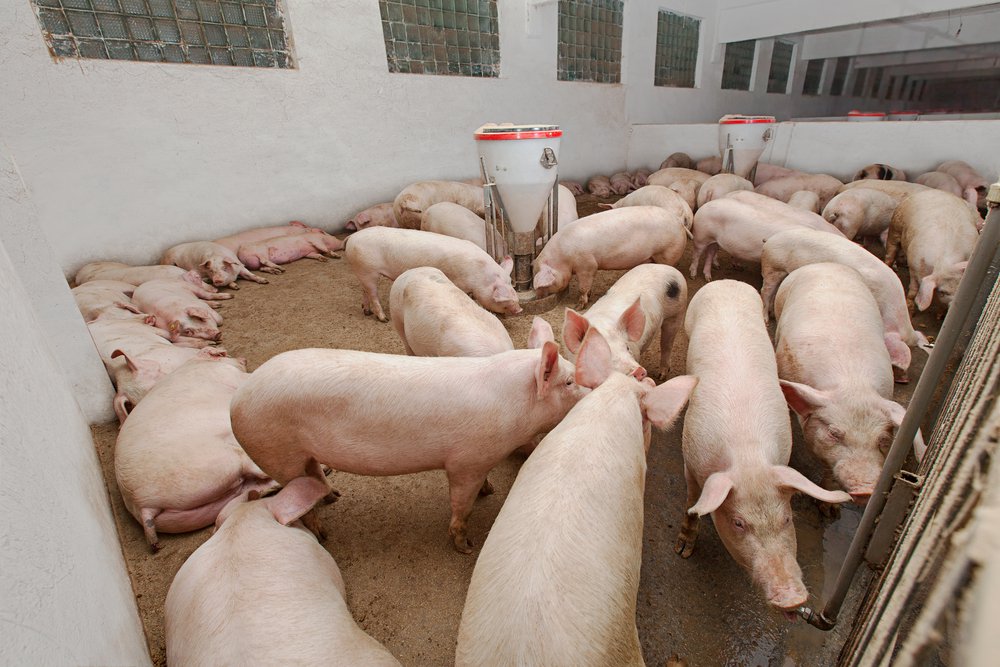Research carried out by Queen’s University Belfast has made what is described as “intriguing and unpredicted” discoveries in the social behaviour of young pigs.
The research finds sex differences in the ‘social-play’ aspect (or play fighting) of piglet behaviour, as well as links between this and aggression when the animal is older.
The research involved having 12 litters of piglets that could interact freely with piglets from another litter, as well as a ‘control group’ of 12 litters kept in a separate pen.
The study was published in the journal Scientific Reports.
The researchers found that levels of play fighting did not differ between the ‘socialised groups’ and the control groups; however, there was a sex difference, with males more likely to exhibit this type of behaviour.
The researchers – Dr. Gareth Arnott and doctoral student Jennifer Weller from the university’s Institute for Global Food Security – also examined the link between play fighting and the real thing in adulthood.
The research shows that – perhaps surprisingly – pigs socialised in early life were found to be quicker to attack “an intruder” pig introduced to its pen.
The researchers suggested that this is because the socialised individuals were better able to “rapidly assess a dominance hierarchy” compared to “their non-socialised counterparts”.
However, the organisers of the experiment noted what they called a “curious effect”, whereby it was females with the higher levels of early play fighting who attacked more quickly in the intruder test. However, in males, there was no correlation.
“Ultimately, we need to do more research in this area as there are still a lot of knowledge gaps, hypotheses and assumptions around early play in animals,” said Dr. Arnott.
“There isn’t a great deal of robust evidence, which is why this study is important. We’ve uncovered something interesting and confounding – not only around the influence of early play – but also the role of sex which has been, to date, relatively overlooked,” he added.

